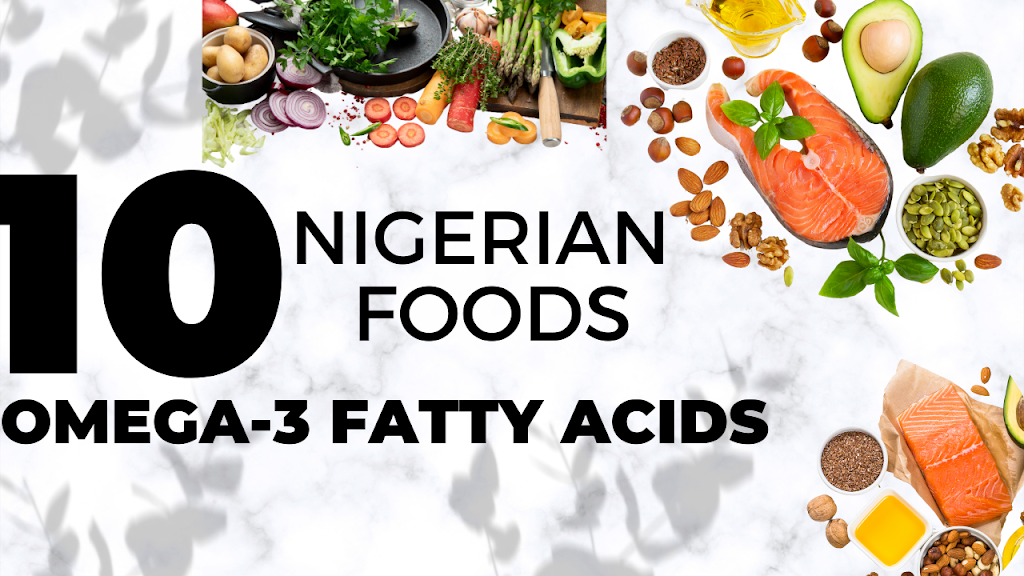Here are 27 health
and nutrition tips that are based on scientific evidence.
1. Limit Sugary Drinks
Sugary
beverages like sodas and sweetened teas are packed with added sugars,
contributing to health issues such as heart disease and type 2 diabetes.
They’re especially harmful to children, increasing the risk of obesity and
chronic conditions like high blood pressure and non-alcoholic fatty liver
disease.
Healthier Alternatives:
- Water
- Unsweetened teas
- Sparkling water
- Black coffee
2. Eat Nuts and Seeds
Nuts
and seeds are nutrient-dense powerhouses filled with healthy fats, protein,
fiber, vitamins, and minerals. Regular consumption can reduce the risk of heart
disease, and type 2 diabetes, and even promote weight management.
3. Avoid Ultra-Processed Foods
Ultra-processed
foods (UPFs) are laden with additives, refined sugars, and low-quality
ingredients. Consuming these often leads to weight gain, type 2 diabetes, and
other chronic conditions.
Common Examples of UPFs:
- Snack cakes
- Fast food
- Frozen meals
- Packaged cookies
4. Don’t Fear Coffee
Coffee
is rich in antioxidants and offers numerous health benefits, including reduced
risks of type 2 diabetes, Parkinson’s, and Alzheimer’s. However, moderation is
key — limit intake to 3–4 cups daily and avoid sugary additives.
5. Eat Fatty Fish
Fatty
fish like salmon and mackerel are excellent sources of omega-3 fatty acids,
which reduce inflammation and lower the risk of heart disease, dementia, and
other conditions.
6. Get Enough Sleep
Quality
sleep regulates your hormones, boosts mental clarity, and supports healthy
weight management. Poor sleep is linked to increased risks of obesity,
diabetes, and heart problems. Aim for 7–9 hours nightly.
7. Feed Your Gut Bacteria
A
healthy gut microbiome supports digestion and overall health. Improve gut
bacteria by consuming fermented foods like yogurt and kimchi, fiber-rich fruits
and vegetables, and probiotics when necessary.
Also Read 10 Nigerian Foods Rich in Omega-3 Fatty Acids and Their Health Benefits
8. Stay Hydrated
Water
is essential for every cell in your body. Proper hydration improves energy
levels, skin health, and cognitive function. Aim to drink enough water to
quench your thirst.
9. Avoid Heavily Charred Meats
Charring
meat produces harmful compounds that can increase cancer risk. Opt for gentler
cooking methods and reduce consumption of red and processed meats to lower
overall health risks.
10. Avoid Bright Lights Before Sleep
Blue
light exposure from screens suppresses melatonin production, disrupting sleep.
Use blue light-blocking glasses or avoid screens for an hour before bedtime to
improve sleep quality.
11. Take Vitamin D If You’re Deficient
VitaminD supports bone health, immunity, and mood. If you’re not getting sufficient
sunlight, consider supplements after consulting with a healthcare provider.
12. Eat Plenty of Fruits and Vegetables
Fruits
and vegetables are rich in vitamins, fiber, and antioxidants. Regular intake
reduces the risk of chronic diseases and promotes longevity.
13. Eat Adequate Protein
Protein
is vital for tissue repair, muscle growth, and metabolic health. It also keeps
you full longer, aiding in weight management and reducing cravings.
You Might Read 11 Proven Health Benefits of Papaya You Should Know Side Effects and Nutritional Value
14. Get Moving
Physical
activity improves mental health, reduces belly fat, and enhances overall
fitness. Aim for at least 150 minutes of moderate aerobic exercise weekly.
15. Don’t Smoke or Use Drugs, and Drink in Moderation
Smoking,
excessive drinking, and drug use can severely impact health. Seek support if
needed to quit these habits and prioritize healthier choices.
16. Use Extra Virgin Olive Oil
This
oil is packed with heart-healthy monounsaturated fats and antioxidants, making
it an excellent choice for cooking and salads.
17. Minimize Your Sugar Intake
Excess
sugar is linked to obesity, type 2 diabetes, and heart disease. Stick to
natural sweeteners and limit processed sugary foods.
18. Limit Refined Carbs
Refined
carbs, found in white bread and pastries, lack nutrients and fiber. Replace
them with whole grains like quinoa and oats for better energy and digestion.
19. Lift Weights
Strength
training improves muscle mass, bone health, and metabolic function. Incorporate
weightlifting or resistance exercises at least twice a week.
20. Avoid Artificial Trans Fats
Artificial
trans fats are linked to inflammation and heart disease. Check labels and steer
clear of products with hydrogenated oils.
21. Use Plenty of Herbs and Spices
Herbs
like turmeric and ginger are rich in anti-inflammatory compounds. Adding a
variety of spices to your meals enhances flavor and boosts health.
22. Nurture Social Relationships
Strong
connections with friends and family contribute to both mental and physical
well-being. Spend time with loved ones to reduce stress and increase happiness.
23. Occasionally Track Your Food Intake
Tracking
your meals can help you understand your nutritional patterns. Use it as a
short-term tool to improve habits, but avoid becoming overly reliant on calorie
counting.
Read More 13 Amazing Health Benefits Of Coconut Water (Must Read
24. Reduce Belly Fat
Excess
abdominal fat is linked to serious health risks. Incorporate fiber, protein,
and stress management into your routine to maintain a healthier waistline.
25. Avoid Restrictive Diets
Overly
strict diets often lead to rebound weight gain. Focus on sustainable eating
habits that nourish your body without deprivation.
26. Eat Whole Eggs
Eggs
are a nutrient-dense food that supports heart health and provides protein.
Recent studies confirm they don’t significantly impact cholesterol for most
people.
27. Meditate
Meditation
reduces stress and inflammation, promoting mental clarity and physical
wellness. Just a few minutes daily can have lasting benefits.
The bottom line
A few simple
steps can go a long way toward improving your eating patterns and wellness.
Still, if
you’re trying to live healthier, do not just focus on the foods you eat.
Exercise, sleep, and social relationships are also important.
With the
evidence-based tips above, it’s easy to introduce small changes that can greatly impact your overall health.
ALSO READ
- 20 Delicious and Healthy Hausa Foods You Should Try Today
- 8 Exciting Health Benefits of Alligator Pepper for Men and Women
- 10 Proven Nigerian Foods That Can Boost Blood Count
- 16 Amazing Health Benefits of Watermelon, Nutrition Facts and Side Effects
- 13 Amazing Health Benefits Of Coconut Water (Must Read)
- Proven Health Benefits of Ukazi Leaf You Should Know
- What are Peas, Health Benefits of Peas, Nutritional Value, and Side Effect
- Promising Health Benefits of Kolanut
- 20 Incredible Health Benefits Of Bananas You Need To Know
- 10 Hidden Benefits of Carrots You Should Know





